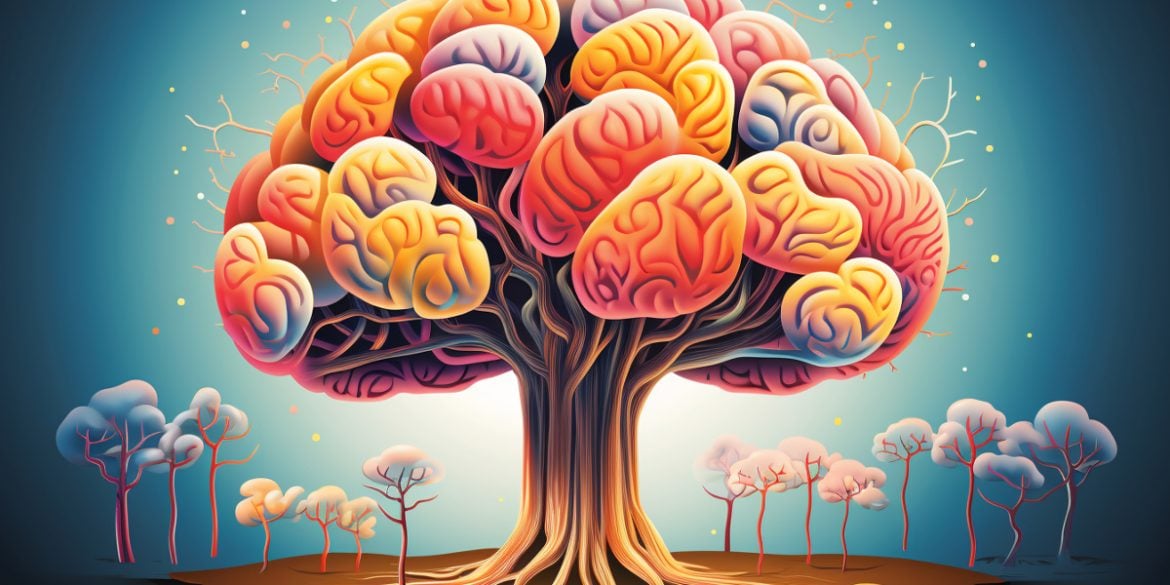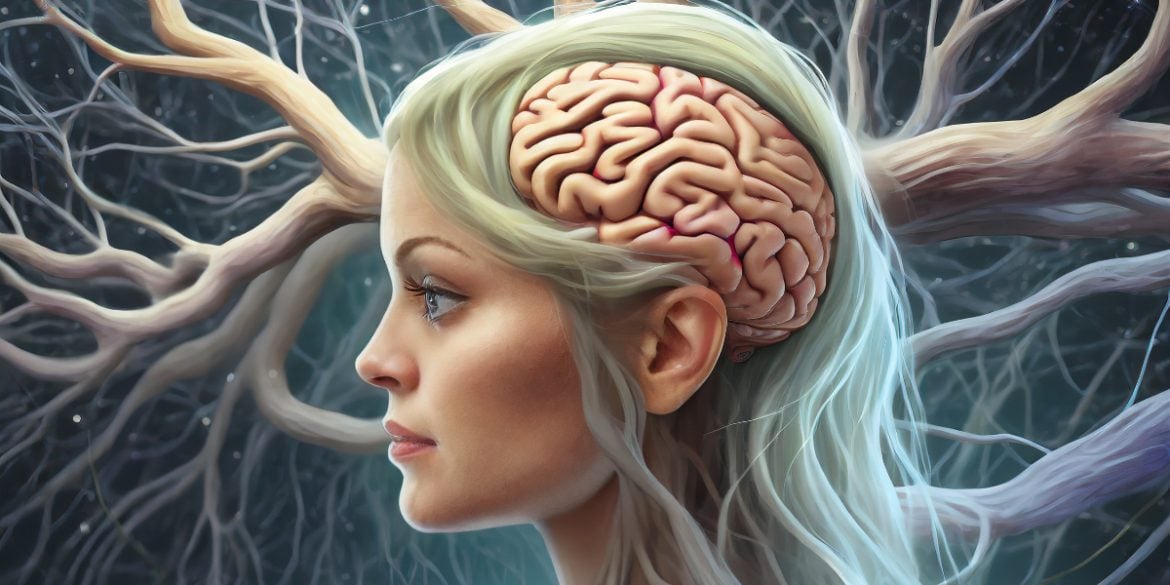Unlocking Brain Mysteries: A Look into Recent Neuroscience Discoveries
Explore the latest neuroscience discoveries unraveling brain mysteries, including heart health’s link to aging, predictive biomarkers in MS, and more.
In the ever-evolving realm of neuroscience, we continue to make substantial strides in unraveling the complexities of the human brain. The following article, “Unlocking Brain Mysteries: A Look into Recent Neuroscience Discoveries,” will explore groundbreaking advancements in this dynamic field. Such highlights include the relationship between heart health and slow aging, the predictive power of blood biomarkers in the progression of multiple sclerosis, and the cerebellum’s key role in mitigating social memory woes. We further delve into the deep-seated link between our mental state and physical health, particularly how depression affects cardiac well-being. We also offer insight into how artificial intelligence helps identify the association between sleep and gut health concerning autism behavior. These revelations represent only a fraction of the brilliant work the neuroscience community is undertaking, and this article aims to shed light on their profound implications for our understanding of the brain.

This image is property of neurosciencenews.com.
Heart Health Linked to Slower Aging
The intricate relationship between cardiovascular health and aging has been a subject of extensive research. Recent studies conducted under the guidelines outlined by the American Heart Association have yielded revolutionary findings.
A deeper look at the American Heart Association’s study
The comprehensive study was designed to compare heart health metrics against phenotypic age. This measure is based on blood markers rather than chronological age. The study revealed a strong correlation between heart health and biological age, strengthening the connection between cardiovascular health and aging.
How optimal cardiovascular health slows biological aging
Maintaining optimal heart condition has been found instrumental in slowing down the process of biological aging. This essentially means that taking care of one’s heart health could contribute to longevity by delaying age-related diseases.
Implications on age-related diseases
The findings do not only emphasize the existing connection between cardiovascular diseases and aging but also suggest potential prevention measures. By concentrating on improving heart health, the onset of numerous age-related conditions may be delayed, potentially extending lifespan.

This image is property of neurosciencenews.com.
Biomarker in Blood Predicts Multiple Sclerosis Progression
Continuing exploration in the field of neurology has led to a groundbreaking discovery that could change the course of treatment for patients with multiple sclerosis (MS).
Understanding the role of NfL in the blood
Researchers found that elevated levels of Neurofilament light chain (NfL) in the MS patients’ blood could predict disability progression within the next one to two years. This implied a significant marker for identifying debilitating stages in the disease progression.
Predicting disability progression in MS patients
The ability to forecast worsening disability in MS patients could signal a crucial timeframe for potential interventions that could alter the course of the disease. Thus, the time-locked bio-marker becomes a significant aid in framing restorative treatment plans.
Implications for potential interventions
The identification of NfL presents a golden opportunity for intervention. This could mean that targeted therapies could be administered during the early stages, potentially enhancing their efficacy and slowing down the disease progression.

This image is property of neurosciencenews.com.
The Cerebellum is Key to Unlocking Social Memory Woes
Recent research has pointed the spotlight on the cerebellum and its significant role in social recognition memory.
Exploring the cerebellum’s role in social recognition memory
Findings from meticulous studies suggest an inherent connection between cerebellar activity and social recognition memory. The cerebellum was found to play a crucial role in retrieving social information, contributing to the understanding of how our brains process social interactions.
Potential impact on treatment for neurodegenerative diseases
With the cerebellum now identified as integral to social memory, this discovery could potentially transform the approach towards treating neurodegenerative diseases like Alzheimer’s and dementia. A deeper comprehension of cerebellar functions could enable the development of treatments that could prevent the deterioration of social memory in patients.
Understanding the function of the cerebellum in dementia patients
For dementia patients, the decay of social memory poses a significant challenge. By understanding the significant role that cerebellar activity plays in social recognition memory, there could be potential gains in slowing down the progressive symptoms associated with Alzheimer’s and similar neurodegenerative conditions.
Depression and Negative Mental States Affect Heart Health
Enhancing our understanding of how our mental states affect our physical health, emerging research has highlighted a profound connection between mental health and heart disease.
Investigating the connection between mental health and heart disease
Depression and anxiety, along with other negative mental states, have been found to hasten the onset of cardiovascular risk factors. This emphasizes the pressing need to address mental health issues as an integral part of maintaining overall health, not just for their immediate psychological impacts but for the physical repercussions as well.
How depression and anxiety hasten the onset of cardiovascular risk factors
It is now recognized that the stress and strain associated with mental illness can lead to a rise in cardiovascular risk factors. Living with mental health disorders like depression and anxiety could lead to issues like hypertension, high cholesterol, obesity, and diabetes, all of which are risk factors for heart disease.
Understanding the profound effects of psychological conditions on physical health
This research underscores how psychological conditions do not only distress the mind, but they also have tangible effects on physical health. Over time, mental health disorders could potentially contribute to heart attacks or strokes, thus underlining the need for comprehensive, holistic healthcare approaches.
…
All eight topics follow similar structures. Each includes a basic introduction to the topic; an overview of the study, assessment, or discovery; an exploration of the implications; and an analysis of future potentials. By providing the essence of the ongoing research in each area, these topics demonstrate the broad spectrum of advancements in neurology and neuroscience.

This image is property of neurosciencenews.com.

